Ratik Asokan at Bookforum:
 Heinrich von Kleist died by his own hand at the age of thirty-four. For a man whose life was plagued by failure, his suicide was a remarkable success. On November 20, 1811, two months after turning his eighth play over to the Prussian censors, Kleist and his friend Henriette Vogel retired to an inn outside Berlin, where for one night and one day they sang and prayed, composed final letters, and downed bottles of rum and wine (as well as, the London Times later reported, sixteen cups of coffee) before making their way to the banks of the Kleiner Wannsee. In these idyllic surroundings, as per their agreement, Kleist shot her in the chest, reloaded, and then fired at his own head. “I am blissfully happy,” he had written to his cousin that morning. “Now I can thank [God] for my life, the most tortured ever lived by any human being, since He makes it up to me with this most splendid and pleasurable of deaths.”
Heinrich von Kleist died by his own hand at the age of thirty-four. For a man whose life was plagued by failure, his suicide was a remarkable success. On November 20, 1811, two months after turning his eighth play over to the Prussian censors, Kleist and his friend Henriette Vogel retired to an inn outside Berlin, where for one night and one day they sang and prayed, composed final letters, and downed bottles of rum and wine (as well as, the London Times later reported, sixteen cups of coffee) before making their way to the banks of the Kleiner Wannsee. In these idyllic surroundings, as per their agreement, Kleist shot her in the chest, reloaded, and then fired at his own head. “I am blissfully happy,” he had written to his cousin that morning. “Now I can thank [God] for my life, the most tortured ever lived by any human being, since He makes it up to me with this most splendid and pleasurable of deaths.”
more here.

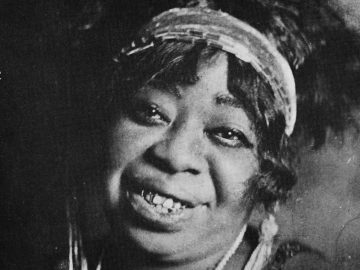 Rainey and Smith, along with fellow blueswoman Lucille Bogan, set the stage for pop music’s tendency to incubate androgyny, queerness, and other taboos in plain view of the powers that would seek to snuff them out. They were joined by Gladys Bentley, the stone butch blues singer who performed in a top hat and tails throughout the Harlem Renaissance in New York and whose deep, gritty voice foreshadowed the guttural howls of rock stars.
Rainey and Smith, along with fellow blueswoman Lucille Bogan, set the stage for pop music’s tendency to incubate androgyny, queerness, and other taboos in plain view of the powers that would seek to snuff them out. They were joined by Gladys Bentley, the stone butch blues singer who performed in a top hat and tails throughout the Harlem Renaissance in New York and whose deep, gritty voice foreshadowed the guttural howls of rock stars.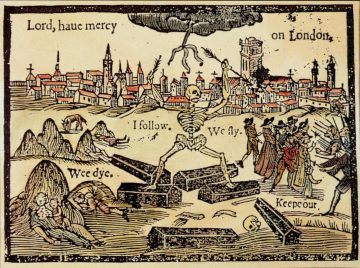 A lot has been written about how this pandemic is exacerbating social inequalities. But what if it’s because our societies are so unequal that this pandemic happened?
A lot has been written about how this pandemic is exacerbating social inequalities. But what if it’s because our societies are so unequal that this pandemic happened?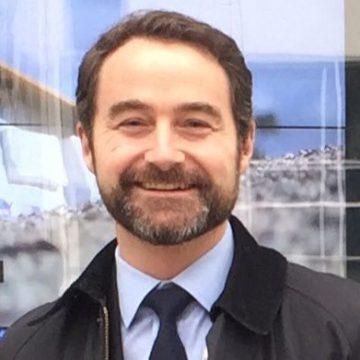 It’s hard doing science when you only have one data point, especially when that data point is subject to an enormous selection bias. That’s the situation faced by people studying the nature and prevalence of life in the universe. The only biosphere we know about is our own, and our knowing anything at all is predicated on its existence, so it’s unclear how much it can teach us about the bigger picture. That’s why it’s so important to search for life elsewhere. Today’s guest is Kevin Hand, a planetary scientist and astrobiologist who knows as much as anyone about the prospects for finding life right in our planetary backyard, on moons and planets in the Solar System. We talk about how life comes to be, and reasons why it might be lurking on Europa, Titan, or elsewhere.
It’s hard doing science when you only have one data point, especially when that data point is subject to an enormous selection bias. That’s the situation faced by people studying the nature and prevalence of life in the universe. The only biosphere we know about is our own, and our knowing anything at all is predicated on its existence, so it’s unclear how much it can teach us about the bigger picture. That’s why it’s so important to search for life elsewhere. Today’s guest is Kevin Hand, a planetary scientist and astrobiologist who knows as much as anyone about the prospects for finding life right in our planetary backyard, on moons and planets in the Solar System. We talk about how life comes to be, and reasons why it might be lurking on Europa, Titan, or elsewhere.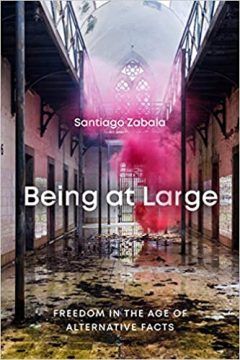 Q: One of the central arguments of your book is that the “greatest emergency is the absence of emergency.” Could you please clarify this in relation to the ongoing pandemic caused by the coronavirus?
Q: One of the central arguments of your book is that the “greatest emergency is the absence of emergency.” Could you please clarify this in relation to the ongoing pandemic caused by the coronavirus?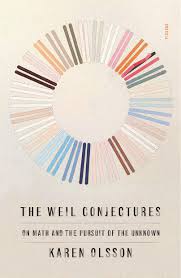 I
I In the world of Brahms, it is, above all, always late. Light is waning, shadows are growing, silence is encroaching. The topic of lateness and loneliness in Brahms is a familiar one; the adjectives “autumnal” and “elegiac” follow him everywhere. Scholars have tried to parse Brahmsian melancholy in terms biographical, philosophical, and sociopolitical. He was a self-contained man who never married and prized his separateness. He belonged to a generation that saw the irreversible transformation of nature in the age of steam and speed. Reinhold Brinkmann, in his book “
In the world of Brahms, it is, above all, always late. Light is waning, shadows are growing, silence is encroaching. The topic of lateness and loneliness in Brahms is a familiar one; the adjectives “autumnal” and “elegiac” follow him everywhere. Scholars have tried to parse Brahmsian melancholy in terms biographical, philosophical, and sociopolitical. He was a self-contained man who never married and prized his separateness. He belonged to a generation that saw the irreversible transformation of nature in the age of steam and speed. Reinhold Brinkmann, in his book “ To many on the left, President Donald Trump has been a manifest disaster in guiding America through the current pandemic. But Maria Romero most definitely would beg to differ. “The man is not a magician, but he’s doing everything he can. … He believes in America and he believes in Americans,” says Ms. Romero, who lost her job at a car dealership outside of Chicago two weeks ago because of COVID-19. She tunes into President Trump’s coronavirus briefings every evening, saying they make her feel reassured and hopeful. “I could be bitter, I could say, ‘This is President Trump’s fault’ – but it’s not,” she says. “Things were wonderful [before COVID-19]. He did it once, he’ll do it again. I trust him.”
To many on the left, President Donald Trump has been a manifest disaster in guiding America through the current pandemic. But Maria Romero most definitely would beg to differ. “The man is not a magician, but he’s doing everything he can. … He believes in America and he believes in Americans,” says Ms. Romero, who lost her job at a car dealership outside of Chicago two weeks ago because of COVID-19. She tunes into President Trump’s coronavirus briefings every evening, saying they make her feel reassured and hopeful. “I could be bitter, I could say, ‘This is President Trump’s fault’ – but it’s not,” she says. “Things were wonderful [before COVID-19]. He did it once, he’ll do it again. I trust him.” The long-term impact of the COVID 19 pandemic, while uncertain, promises to be far-reaching and profound. Here we look for signs evident now that point to various kinds of long-term effects in the future. One set of indicators has to do with U.S. failures in prioritizing and protecting the public’s health. These may provoke movement toward new ways of providing health care, or even of reorganizing society. Signs are evident too of increasing fragility of governance itself, likely to become more apparent as the pandemic’s adverse effects mount. Lastly, markers of human solidarity and of collaboration among nations are on display. Hopefully as regards the people’s cause, they portend durability.
The long-term impact of the COVID 19 pandemic, while uncertain, promises to be far-reaching and profound. Here we look for signs evident now that point to various kinds of long-term effects in the future. One set of indicators has to do with U.S. failures in prioritizing and protecting the public’s health. These may provoke movement toward new ways of providing health care, or even of reorganizing society. Signs are evident too of increasing fragility of governance itself, likely to become more apparent as the pandemic’s adverse effects mount. Lastly, markers of human solidarity and of collaboration among nations are on display. Hopefully as regards the people’s cause, they portend durability.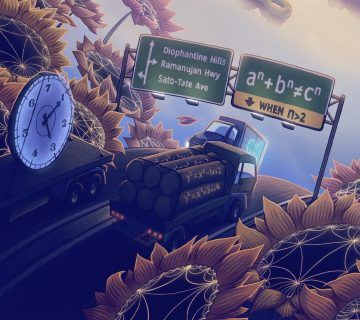 When
When 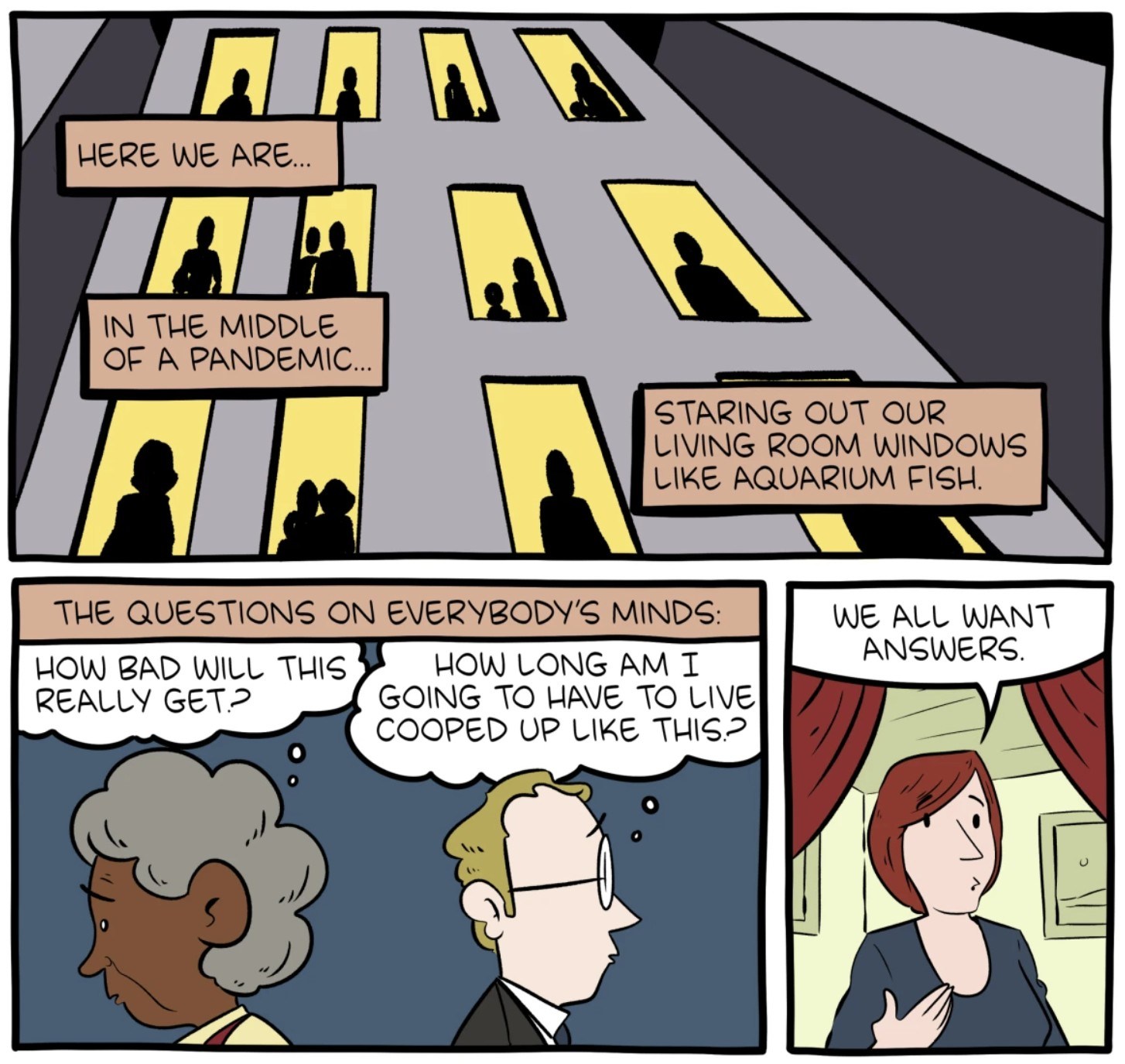
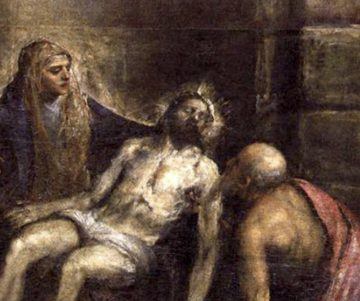 Given the terrifying nature of the Black Death, it’s hard to understand why Titian didn’t leave Venice in 1576 when he had the chance. He certainly had the means. Fabulously wealthy, he was the most famous artist of his day. Friend of kings and aristocrats, Titian could do whatever Titian wanted. And yet he stayed in his house in the Cannaregio, watching as the skies filled with the acrid smoke of the dead being burned across the lagoon on the dreaded island, Lazzaretto Vecchio, where plague victims were brought to die.
Given the terrifying nature of the Black Death, it’s hard to understand why Titian didn’t leave Venice in 1576 when he had the chance. He certainly had the means. Fabulously wealthy, he was the most famous artist of his day. Friend of kings and aristocrats, Titian could do whatever Titian wanted. And yet he stayed in his house in the Cannaregio, watching as the skies filled with the acrid smoke of the dead being burned across the lagoon on the dreaded island, Lazzaretto Vecchio, where plague victims were brought to die.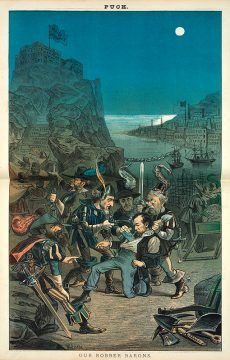 “Populism” is the word that comes to the lips of the respectable and the highly educated when they perceive the global system going haywire. Populism is the name they give to the avalanche crashing down on the Alpine wonderland of Davos. Populism is what they call the mutiny that may well turn the supercarrier America into a foundering wreck. Populism, for them, is a one-word evocation of the logic of the mob: it is the people as a great rampaging beast.
“Populism” is the word that comes to the lips of the respectable and the highly educated when they perceive the global system going haywire. Populism is the name they give to the avalanche crashing down on the Alpine wonderland of Davos. Populism is what they call the mutiny that may well turn the supercarrier America into a foundering wreck. Populism, for them, is a one-word evocation of the logic of the mob: it is the people as a great rampaging beast.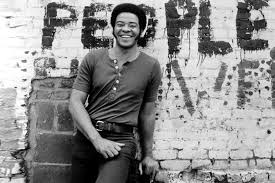 The “I know” is a stutter. It is a stutter that couldn’t be steadier. And the obsessive circularity it winds into the song produces new layers of meaning. In the romantic reading, which is the one on the surface, it only feels like she’s “always gone too long” because that is the nature of love. But it is also possible that the woman really stays away for long stretches at a time—maybe because, like the woman in “Use Me,” she just doesn’t love him that much. Or maybe, thinking ahead to the abusive control Withers expresses on “Who is He (And What is He to You)?”—and, biographically, to the domestic violence that marked his relationship with his first wife, Denise Nicholas—he keeps driving her away. Maybe she leaves to take refuge from him, and the “darkness” he feels in her absence is not only loneliness but guilt. The repeated “I know” opens up alternate meanings, because it is a spiral of knowing that is also not-knowing, or denial. In short, if this is a stutter, it makes the song more articulate; makes it say more, not less.
The “I know” is a stutter. It is a stutter that couldn’t be steadier. And the obsessive circularity it winds into the song produces new layers of meaning. In the romantic reading, which is the one on the surface, it only feels like she’s “always gone too long” because that is the nature of love. But it is also possible that the woman really stays away for long stretches at a time—maybe because, like the woman in “Use Me,” she just doesn’t love him that much. Or maybe, thinking ahead to the abusive control Withers expresses on “Who is He (And What is He to You)?”—and, biographically, to the domestic violence that marked his relationship with his first wife, Denise Nicholas—he keeps driving her away. Maybe she leaves to take refuge from him, and the “darkness” he feels in her absence is not only loneliness but guilt. The repeated “I know” opens up alternate meanings, because it is a spiral of knowing that is also not-knowing, or denial. In short, if this is a stutter, it makes the song more articulate; makes it say more, not less.